Federal Court Overturns California Ammunition Background Check Law
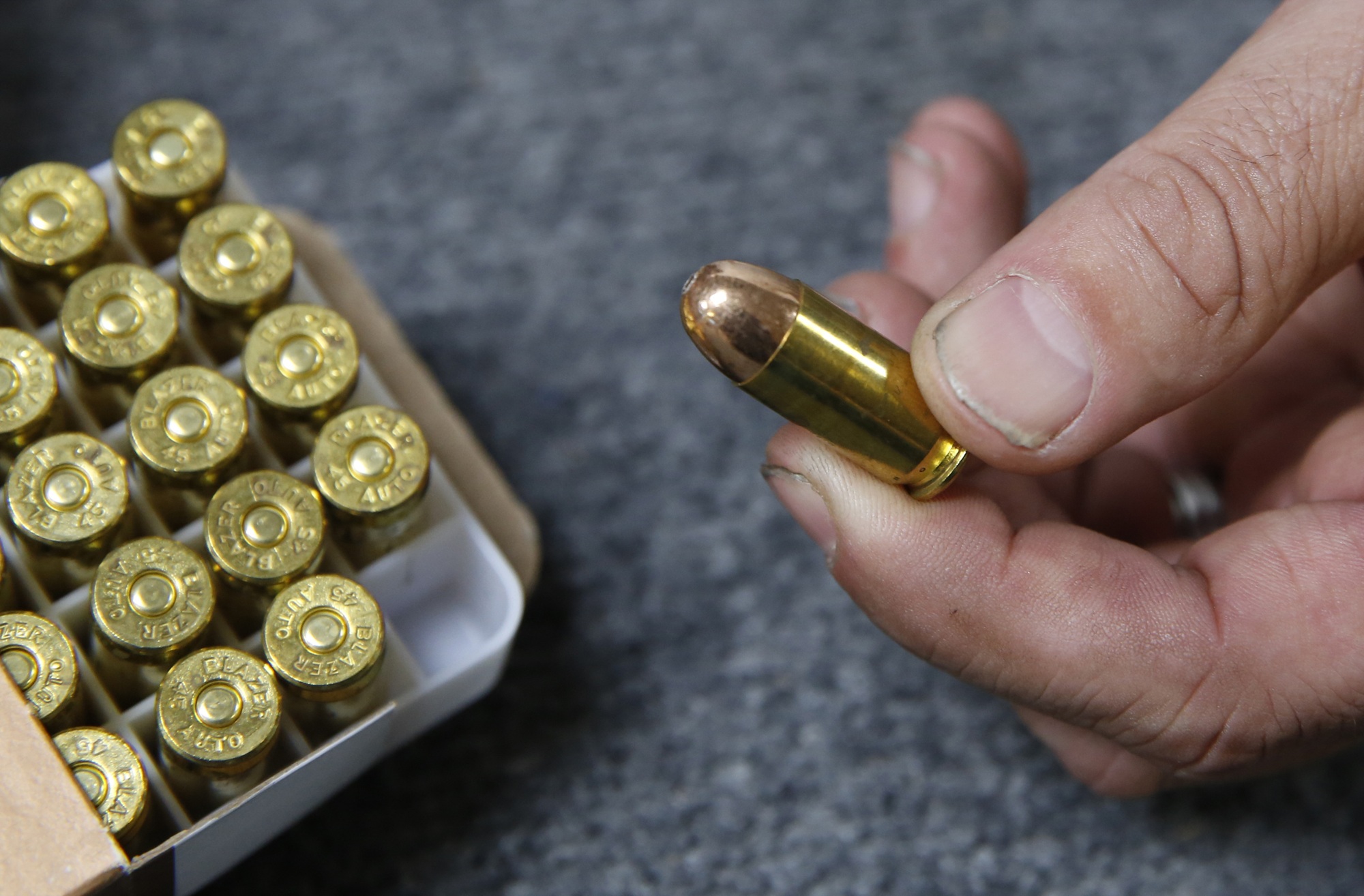
In a significant victory for gun rights advocates, a federal appeals court has struck down California's law requiring background checks for ammunition purchases. The 9th U.S. Circuit Court of Appeals ruled the voter-approved law unconstitutional on Thursday, July 24, 2025, upholding a lower court's permanent injunction against its enforcement.
The 2-1 decision declared that the law violates the Second Amendment, arguing that it places an undue burden on law-abiding citizens seeking to exercise their right to bear arms. The ruling has ignited a fierce debate between gun rights supporters and gun control advocates, with potential ramifications for other gun control measures in the state.
The Court's Reasoning: Second Amendment Rights
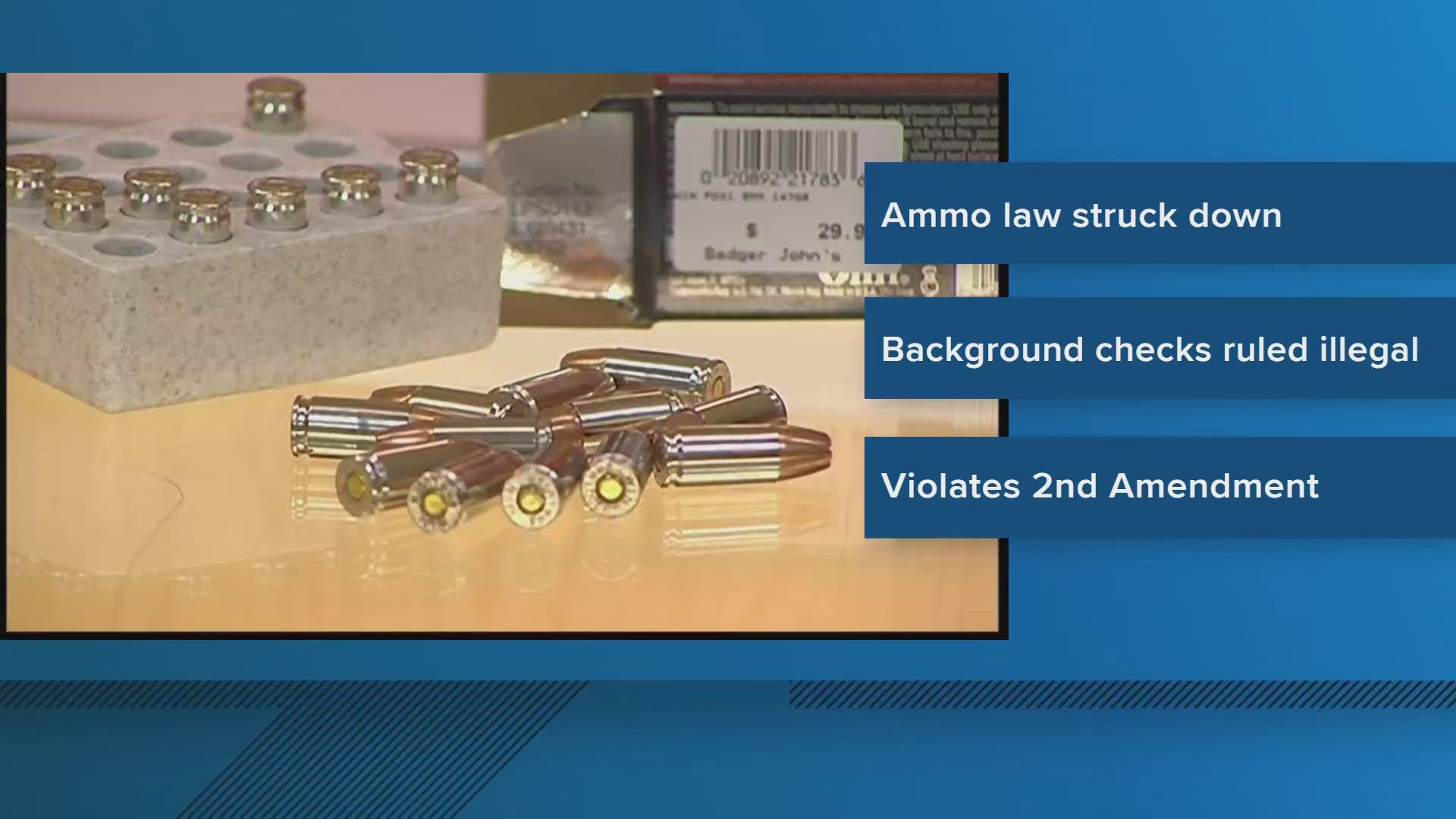
Judge Sandra Segal Ikuta, writing for the majority, asserted that the ammunition background check law "meaningfully constrains" the constitutional right to keep arms. She emphasized that the right to keep and bear arms necessarily includes the right to operate them, which inherently requires access to ammunition.
Ikuta also dismissed the state's arguments regarding historical regulations, finding they did not align with the nation's historical tradition of firearm regulation under the Supreme Court's Bruen standard.
Background: Proposition 63 and Subsequent Legal Challenges
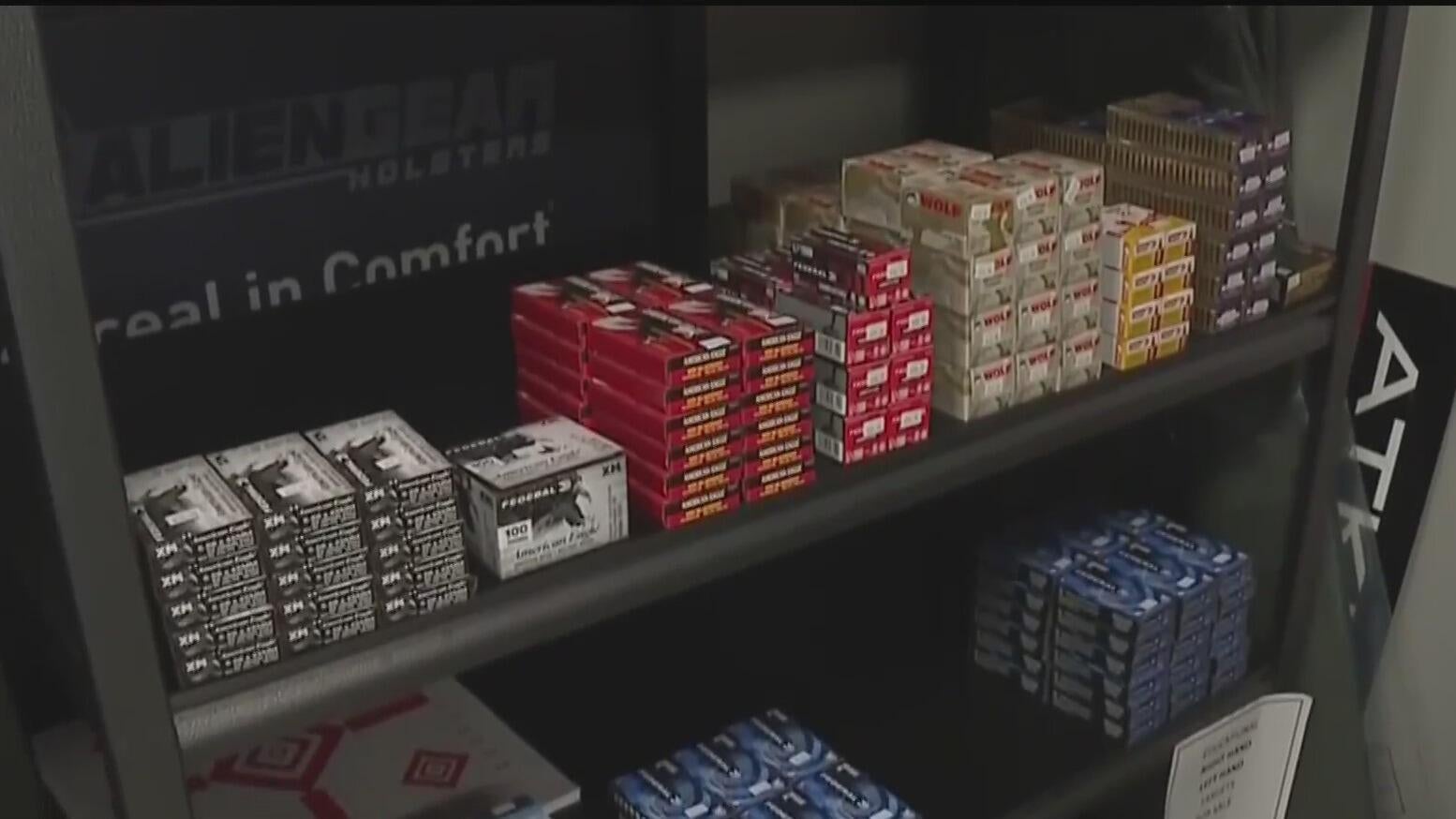
California's Proposition 63, passed by voters in 2016, mandated background checks for all ammunition purchases, mirroring the requirements for firearm acquisitions. The law took effect in 2019 but immediately faced legal challenges from gun rights organizations. The California Rifle & Pistol Association (CRPA), along with other advocates, including Olympic shooter Kim Rhode, filed a lawsuit, Rhode v. Bonta, to block the law's implementation.
In January 2024, U.S. District Judge Roger Benitez, known for his pro-gun rulings, declared the law unconstitutional and issued a permanent injunction. He criticized the state's automated background check system for its high rate of rejection, noting that a significant percentage of applicants were wrongly denied.
While an appeals court panel temporarily stayed Benitez's injunction in February 2024, the 9th U.S. Circuit Court of Appeals ultimately upheld his ruling on July 24, 2025.
Stakeholders and Their Reactions
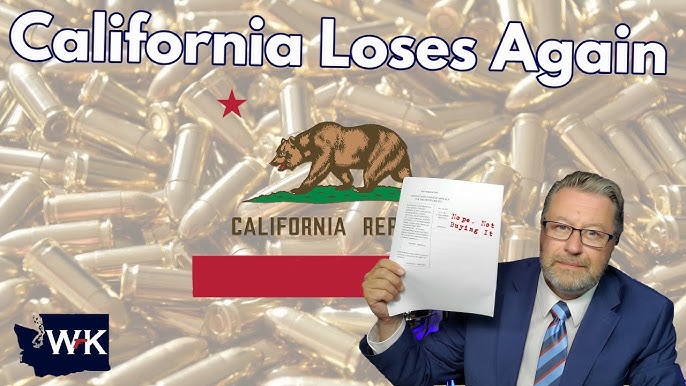
The ruling has elicited strong reactions from key stakeholders on both sides of the issue.
California Governor Gavin Newsom, a vocal supporter of Proposition 63, condemned the decision as "a slap in the face to the progress California has made." The California Department of Justice expressed deep disappointment and is evaluating its legal options.
Conversely, Chuck Michel, president and general counsel of the CRPA, celebrated the ruling as a victory against what he described as "absurdly restrictive" government gun control. Kim Rhode, the lead plaintiff in the case, has consistently argued that the law places an undue burden on law-abiding citizens.
Gun control advocates argue that the law was a crucial tool for preventing prohibited individuals from acquiring ammunition and reducing gun violence. They believe that background checks are an essential component of public safety.
Gun rights supporters, including the National Rifle Association (NRA), contend that the law infringed upon Second Amendment rights and made it difficult for law-abiding citizens to acquire ammunition for self-defense, hunting, or sport.
Figures and Statistics
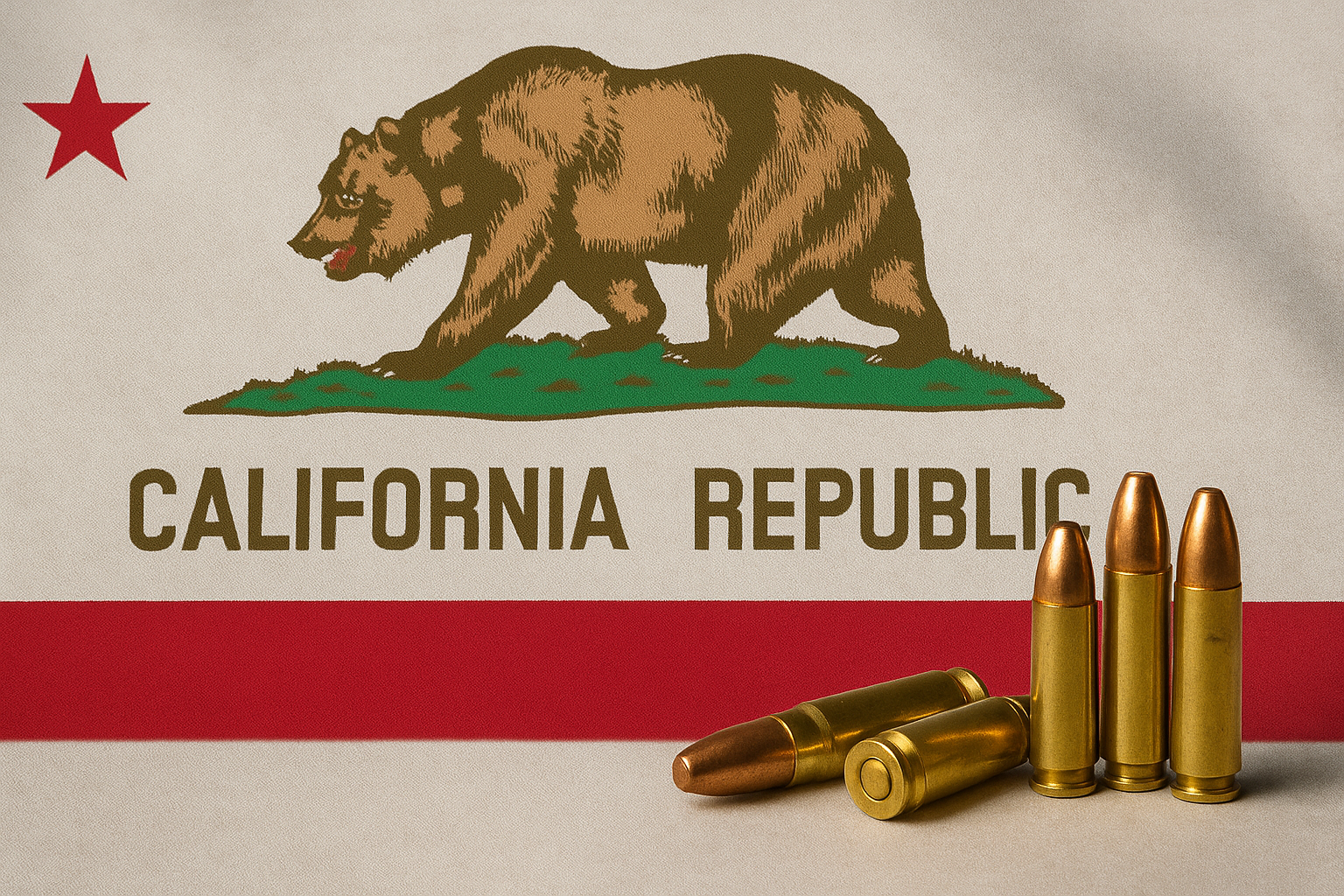
Judge Roger Benitez highlighted in his 2024 ruling that the state's automated system rejected approximately 11% of applicants (58,087 requests) in the first half of 2023. He argued that if people cannot buy bullets, they cannot effectively exercise their right to self-defense.
California officials reported receiving 191 reports last year of "armed and prohibited individuals" who were blocked from purchasing ammunition through background checks.
Potential Consequences and the Path Forward

The overturning of the ammunition background check law could have several significant consequences.
One immediate effect could be an increase in ammunition sales as restrictions are lifted. The ruling may also embolden further legal challenges to other California gun control laws, such as bans on high-capacity magazines or assault-style weapons.
The California Attorney General's office is currently exploring its legal options, which could include seeking an en banc review by the 9th Circuit or appealing to the U.S. Supreme Court. Legal experts suggest that this case could ultimately reach the highest court in the nation.
Opponents of the ruling fear that it could make it easier for individuals prohibited from owning firearms to acquire ammunition, potentially leading to an increase in gun violence. Supporters, however, argue that the law did not effectively deter criminals and only burdened law-abiding citizens.